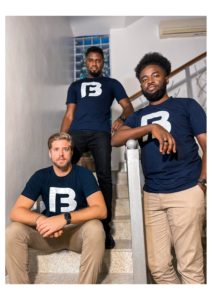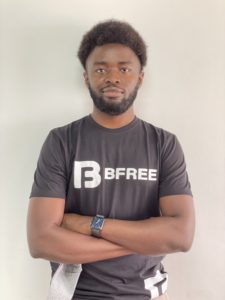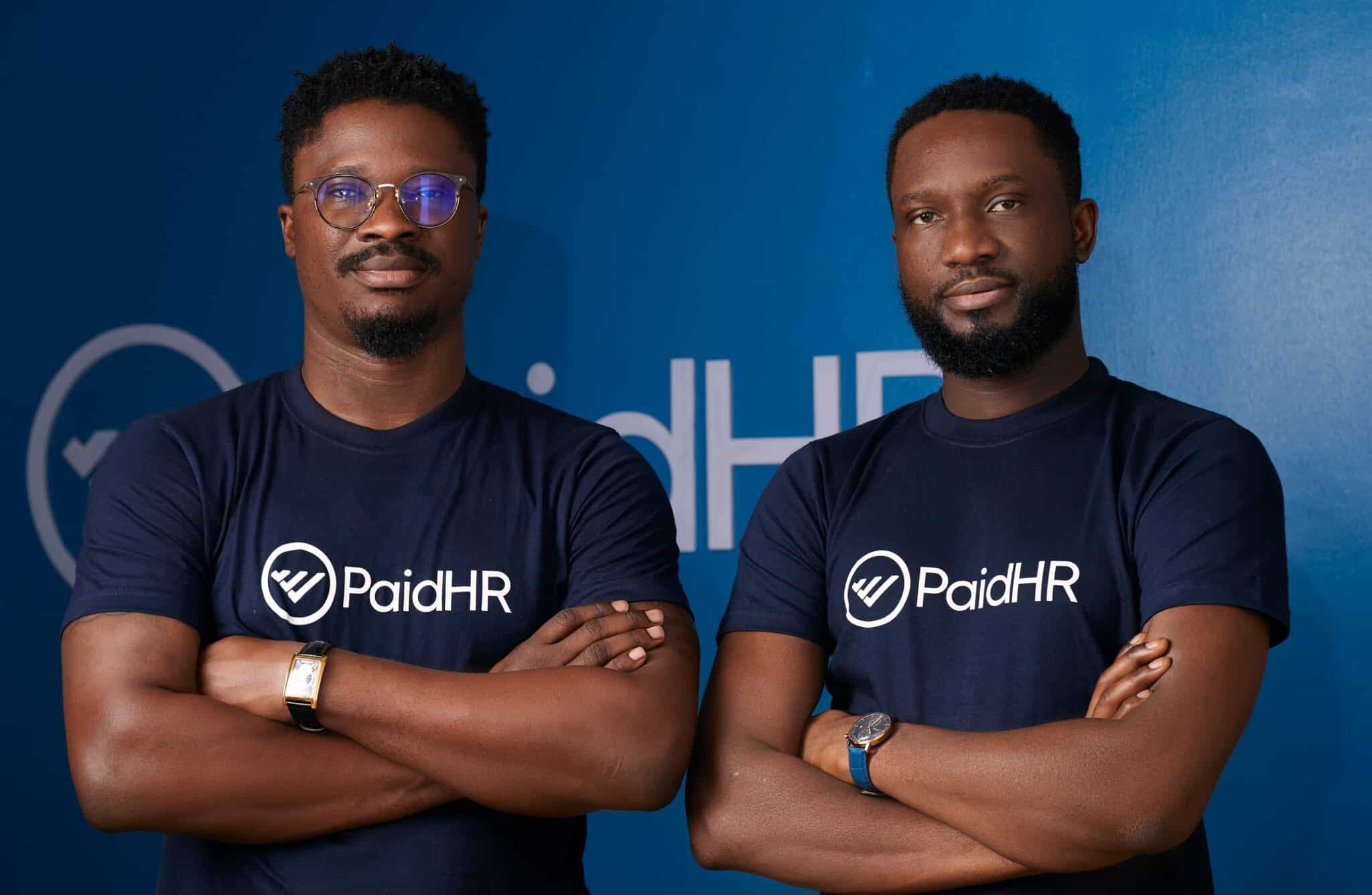In 2019, the Central Bank of Nigeria (CBN) issued a directive to banks mandating them to increase the number of loans they give. Consequently, there was an increase in loan requests.
With technology and the rise of money-lending platforms like Carbon, Branch, FairMoney, and Migo, offering personal collateral-free loans, anyone can borrow money without visiting a bank.
This means that lenders are more accessible. However, since the onset of the pandemic, they have had a tough time as borrowers haven’t repaid their loans, citing the economic effects of COVID-19.
In 2020, the CBN activated the Global Standing Instruction (GSI) policy allowing banks to withdraw defaulting loans from any account held by a borrower.
While loan collection for BVN-linked bank accounts may be somewhat smooth, the reverse is the case for credit fintech startups.
Moreover, with millions of people demanding personal loans, lending amounts for these platforms become smaller. Also, lenders experience difficulties in collection for small amounts.
This challenge prompted the three co-founders — Chief Executive Officer (CEO), Julian Flosbach; Chief Production Officer (CPO), Moses Nmor; and Chief Operations Officer (COO), Chukwudi Enyi — to come up with BFREE, in August 2020.
Through its tech-enabled and credit management solution that makes collection processes more scalable, efficient, and user-friendly, BFREE concentrates on helping its customers with their finances.
“Lending has experienced a digital revolution, but credit collection needs to be efficient, scalable, and ethical. That’s exactly what we are doing at BFREE,” Flosbach says.
Built by an experienced team

The team met at FairMoney, where Flosbach was General Manager. Enyi was the Head of Growth at Nairabox, OPay, and FairMoney, while Nmor is a former team member at OPay, Kudi, and FairMoney.
Their duties at FairMoney were mostly related to managing loan collection. They’d also all spent time at different fast-scaling financial startups where loan collection was a problem.
“All the co-founders used to work in large digital lending fintech startups in Nigeria, and collections were always a struggle. Hence, we looked at the collection process to come up with a way to reinvent it from scratch to fix these challenges,” Enyi reveals.

While lending has evolved digitally, loan collection is still done traditionally through law firms and smaller collection agencies, with little or no transparency or accountability.
Besides, customers are often threatened with calls, messages, and emails, which Flosbach calls “a no-go for impact-oriented lenders.”
“Although lenders are specialists and may seem to be focused on lending, they may not be skilled or focused on collections,” Flosbach clarifies.
Therefore, there is a need to specialise in loan collection and lending because the two products are different.
“The lenders’ tech improves the actual lending product and not collection. All the digital lenders I know look to outsource their collections due to the scalability issue,” Flosbach says.
Solving an actual problem
Lending platforms unavoidably end up with Business Process Outsourcing (BPO) companies that provide outsourcing services for large telcos or banks by managing their teleservices and customer services.
Since the BPO companies are not lending professionals, the co-founders aim to help lenders get their money from their customers.
Customers fail to repay their loans for different reasons. Therefore, a different approach is required to make them pay back.
“No legit customer takes a loan with the intention to default. However, life does not always go according to plan. In the end, a customer that cannot service a loan is in a financial emergency,” Enyi explains.
To tackle this, they first identify why the customer defaulted before deploying machine language algorithms. BFREE uses a combination of a self-servicing platform, chat and call bots, and human contact centre operations after identifying how customers can repay.
“Here we deploy machine learning algorithms that predict the probability to repay a customer and define the use case of the customer,” Flosbach submits.
And if customers have not been repaying their loans and interests to the lenders, it’s likely BFREE reaches out to them.
“If a customer has not been servicing a balance from a lender, there is a good chance that we will get in contact with them and offer our product to find a solution that works for the customers and the lender,” Flosbach says.

On the other hand, customers who don’t repay are addressed differently.
“Customers who don’t repay don’t want to because they don’t see the benefits of repaying. Hence, they need financial literacy,” Flosbach adds.
Before such customers start servicing a loan again, the startup gives them some financial education like understanding the importance of loan repayment and credit score.
“We try as much to incentivise these customers to cooperate with us. For example, we offer them a discount on their loan repayments. After offering them the incentives, we do our financial literacy classes,” says Flosbach.
Meanwhile, they are currently testing these classes through their self-service platform to see how effective they would be on debt customers.
“We do not use an app for our self-servicing platform, but a webview, which works like a webpage,” he discloses.

While they reach out to the debtors, the co-founders believe that in an ethical credit collection, not everyone would repay.
At the moment, Flosbach claims there is no other fintech startup offering the same service as BFREE on the continent.
“There is no similar innovation in Africa in our space of the lending value chain. This part has been overlooked for quite a while, and our competition mainly consists of BPO companies.”
However, the team believes that with time, competition for innovation in credit collections in Africa would increase.
“We’d welcome this step as it is always better for the end-customers if options are competing for the best customer value,” Flosbach declares.
A sustainable model
On how BFREE makes money, Flosbach explains, “We charge a certain percentage commission of the repayments that a lender receives. This commission depends on the lender’s portfolio size, portfolio quality, and likes.”
And how sustainable is that?
“It is sustainable. We have very solid unit economics as our solutions work very well, and we usually achieve at least 30% higher repayments than the BPO companies,” he continues.
Though the credit fintech startup operates a B2B2C model, with currently over 300,000 customers, it has its challenges.
“One of our challenges is to convince lenders that there is a better way to do collection than how they’ve been doing it,” he says.
From Nigeria to Africa
The Lagos-based credit startup recently raised an $800,000 pre-seed round to build a solution for all emerging markets struggling with infrastructure for collection in Africa. Nigeria-based Beta.Ventures, Launch Africa Ventures, and GreenHouse Capital led the round.
“We focus all of our product development to assist customers in a state of financial emergency. There are millions of customers in personal debt. This is really what motivates us as a team,” Nmor declares.

The team is bullish about the Kenyan market they are expanding into.
“We have a team on the ground already that is setting up our solution as we speak,” Flosbach reveals.
In the Kenyan market, there have been several cases where BPO companies threatened or publicly shamed customers, something Flosbach considers inappropriate for lenders.
While debt consumers may default on a payment due to unforeseen circumstances, the high interest on payment is also a factor.
Recall that in digital predatory lending in Nigeria, we highlighted how the interest rate upon repayment is one reason debt consumers don’t repay promptly.
In Kenya, where scores of apps offering short-term advances similar to payday loans are common, the interest rate upon repayment is also a problem.
The credit fintech startup offers a personal budgeting service to debt consumers to help them spend within their means and repay their loans with interest promptly.
Through its consumer personal budgeting processes, algorithms, and financial literacy, BFREE believes it will tackle Africa’s rising consumer debt.






